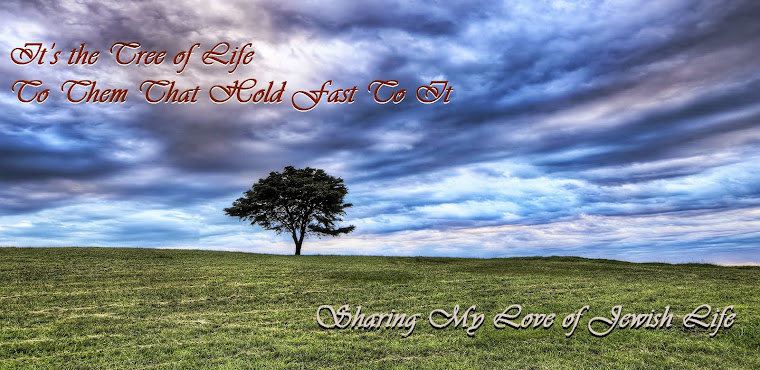Beyond the words "And Hashem called" or "And Hashem said," this week's parsha is completely without narrative. It is about karbanos, the offerings in the sanctuary. It is an incredibly detailed list of why a korben is brought, how it is brought, how one determines what needs to be brought, and what happens after it is brought. It is not the easiest parsha to just read, to say the least.
As we have seen so often repeated now in memes and tweets and posts, we all hope that, please Hasham, this bizzare twist in our lives is the gentle birthpangs of Moshiach. Perhaps we should really focus hard on these karbanos to understand what we will be able to do when the Third Temple stands once more in Jerusalem. But this is not the first time that the world has been in crisis and people have declared it “the moment;” alas, we are still here is galus. Therefore we must look to the parsha to teach us lessons for today as well as to learn the detailed laws of our past and our future.
Since we are not able to offer karbanos here in galus, what can we learn from Parshas Vayikra? The parsha describes five different categories of offerings, and then it discusses the variables of the sacrifices and the way in which they were offered. There was the Oleh - the elevation offering, the Mincha - the meal offering, the Shelamim - the peace offering, the Chatat - the sin offering, and the Asham - the guilt offering. Some of these offerings are voluntary, meaning one chooses to bring them. The ones that are mandatory, however, are, fascinatingly, connected to unintended transgressions or even the CONCERN that one might have unintentionally transgressed.
Sitting here, as I desperately seek a peaceful corner to grasp a few moments of my own, I think there is a lesson for all of us in lockdown. Whether the space we are in is large or small - the fact that we can’t leave is considerably challenging We need to constantly remind ourselves that most of the things that other people do that set us on edge are unintentional, and that the beautiful moments when we do a little more are voluntary. Shut in together, remembering these facts will help us appreciate each other a little more -- or at least maintain a level of shalom bayis. Now is a wonderful opportunity to work hard on not making our children karbanos, not sacrificing our shalom bayis for things our spouses don’t even know they are doing, and not offering up our own sanity. We must focus on gratitude and forgiveness.
On a more abstract note, it occurred to me that the word Vayikra (kuf reish aleph) is very close to Vayikarov (kuf reish beis), the words for calling and being close. The difference between how we need to treat each other during this time is hidden in the name of the parsha when we see our friends or neighbors we must be an aleph - a leading example, and we must call out to our friends and neighbors. We must not be “bad” bet, and come karov, close.
Wishing you all a healthy and inspirational Shabbas.
